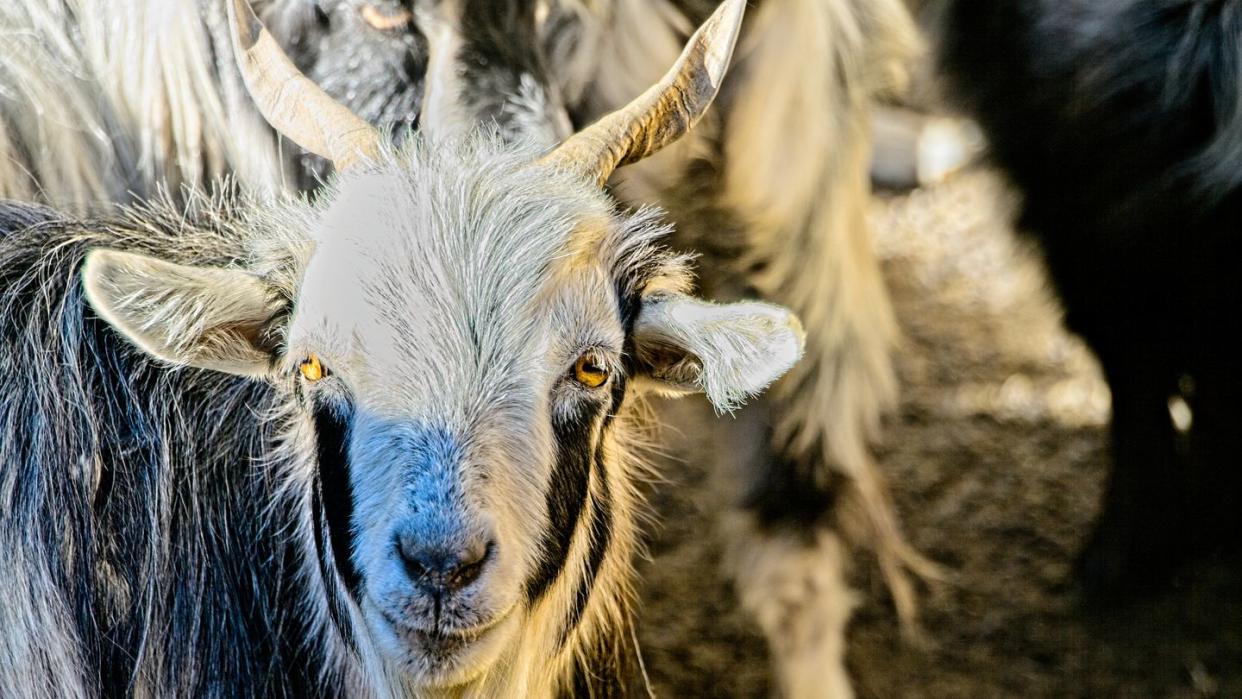Welp, Scientists Have Cloned Tibetan Goats for the First Time

Chinese scientists claim they’ve successfully cloned two Tibetan goats on the Qinghai-Tibet Plateau.
The team hopes to start a program that will strengthen the herds of farmers for a plateau-hardy animal with ideal genetic makeup.
The cloning technology and genetic information can be copied and turned into a growing portfolio of cloned goats.
When farmers need more cashmere wool from a herd of plateau-residing Tibetan goats, they can now turn to cloning. Chinese scientists claim they’ve cloned Tibetan goats for the first time, with the successful birth of two goats, one called “clinically healthy.”
In a statement provided by Northwest Agriculture and Forestry University and the Animal Disease Prevention and Control Center of Xining City, Qinghai Province, the researchers claim that this is the first time in China that somatic cell cloning has allowed for the successful cloning of Tibetan goats.
“Two cloned goats have been born in Qinghai,” said Su Jianmin, chief scientists leading the cloning program, according to Xinhua. “The first-born weighed 3.4 kilograms [7.4 pounds] and is healthy.”
The goal of the program is to support goat breeding for the farmers and herdsmen on the Qinghai-Tibet Plateau.
The goat type chosen was the Oula, a Tibetan breed with a “strong physique, tall limbs, and large body,” according to a translated statement from the university. The study selected three rams and one ewe from a farm in the province, including rams weighing more than 880 pounds that had won multiple prizes in ram breeding competitions.
After all, if you’re going to clone to create strong goats, you’ll want to start with the strongest stock.
The research team took cells from the adult goats. The somatic cell cloning process, according to the National Institute of Health, takes the DNA of a somatic cell and transfers it to an oocyte for the new individual, which will be genetically identical to the somatic cell donor.
The university has yet to provide details on the cloning process or publish a peer-reviewed account of the program. The university did, however, say that the pregnancy rate for the program has reached over 58 percent and “a batch of lambs will be born one after another.”
Jianmin, a professor at the university, said in a statement that through cloning technology, the high-quality genetic information of goat breeding can be copied fully, and the genetic resources of the goats can get expanded. If continually successful, the program aims to increase the income of local farmers and herdsmen that rely on the goats to produce high-quality cashmere wool.
The ability to develop a local seed industry of cloned goats with an animal stock focused on disease prevention and strong variety to withstand the plateau environment offers up the opportunity, the university said, for a continued wealth of healthy goats.
You Might Also Like
